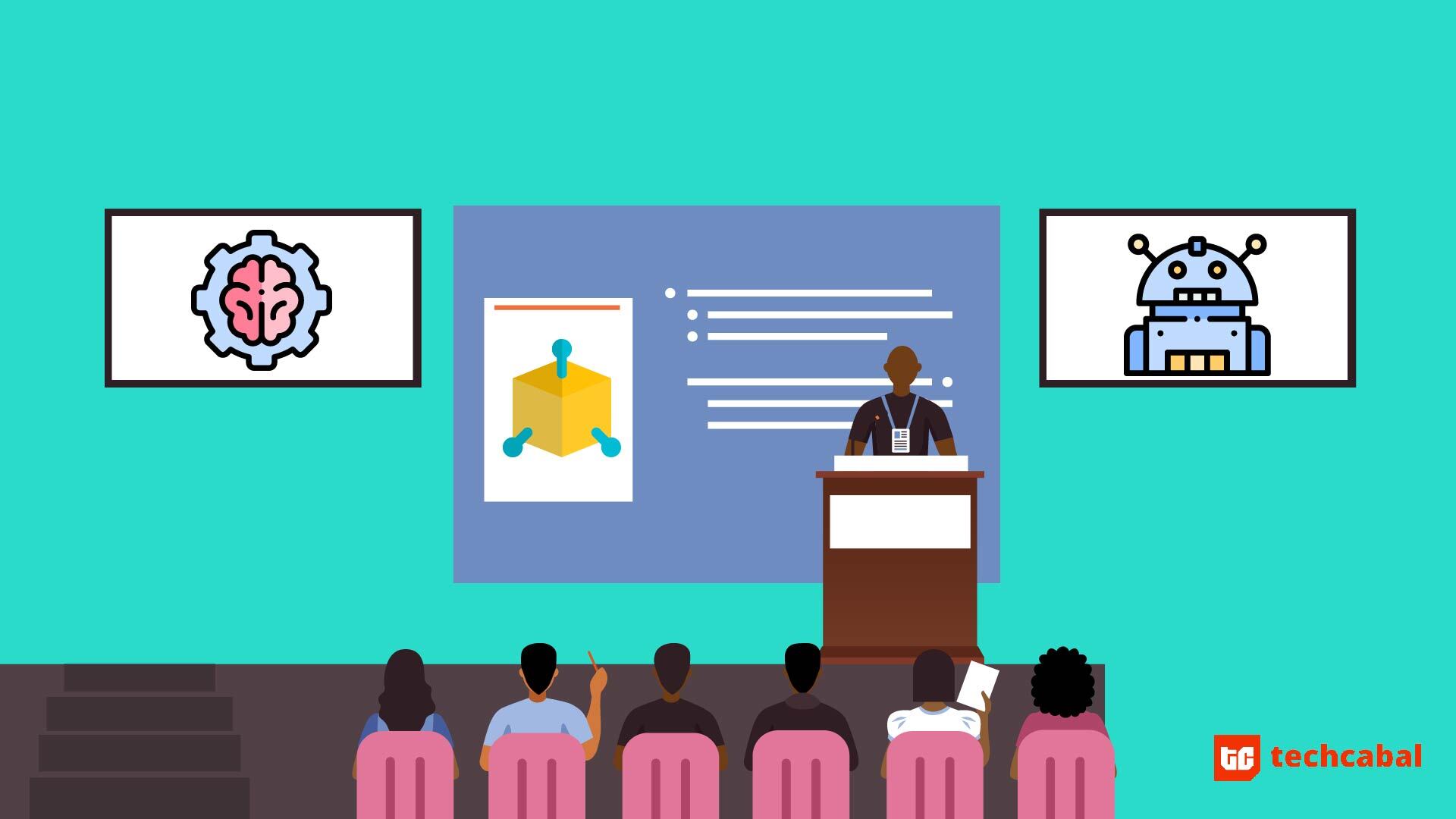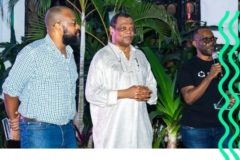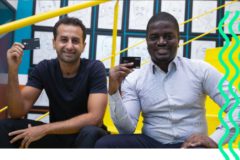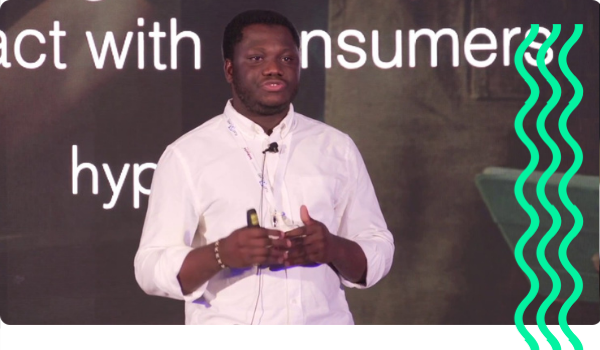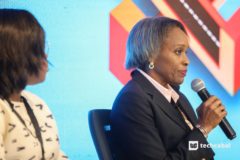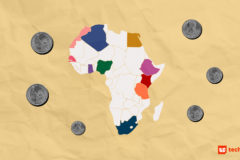You are reading Factsheet, our series of specific guides on experiencing and using technology platforms in Africa. Whether you are looking for knowledge on getting your African film on Netflix, raising a seed round or finishing an online design course, we are covering all that.
—
It’s not easy raising funding as an early-stage African startup. Institutional investors that write the biggest checks are reluctant to have that due diligence chat with you because to them, you’re still rather raw and too high-risk.
For lots of startups, accelerator programmes become the springboard for raising necessary early capital. But there’s more to joining an accelerator than just money.
Accelerators have played an important role in bringing African startups to limelight. They have different modes of operation but in general, the value proposition is to serve as a nursery where startups fine-tune their purpose and speed up towards product-market fit.
Y Combinator is probably the biggest startup accelerator in the world. As detailed in this Factsheet, the Silicon Valley institution has helped fund at least 40 African startups. The bar is quite high for participating in the twice-a-year batches of YC’s programmes, creating a need for similar programmes to cater to the hundreds of startups popping up yearly across the continent.
Unsurprisingly, a number of organisations have taken up the challenge.
Some follow YC’s model of holding boot camp-like events for a specified period and investing a fixed amount afterwards. Others are more like entrepreneurship training programmes or competitions that also provide financing.
With the exclusion of YC, here’s a sample of active players in the startup accelerator space in Africa and what to expect from each.
MEST
Founded in 2008, MEST is an entrepreneurship training programme for current and aspiring African entrepreneurs. It differs from most accelerators in the sense that those who enroll do not have to come as founders or CEOs of already existing companies.
Rather, they come as students and become entrepreneurs-in-training. After a full-year of training, the EITs form startup teams (or develop existing ideas) and pitch to the MEST team for a chance to get seed funding. Ticket sizes range between $50k and $250k.
In the 12 years of the programme, MEST has helped launch or invested in up to 60 startups around the continent. As of this writing, they have exited about 5 of those investments including from Amplify, a startup that was acquired by Nigerian fintech Carbon last year.
If you are excited about spending a whole year learning about entrepreneurship and experimenting with a new venture idea, MEST could be the programme for you.
Seedstars
11 African startups participated in the 2020 Seedstars World competition for a $500,000 prize. The annual event has become an early-stage startup competition to look forward to and African startups have taken the chance to participate for the exposure and funding opportunity it provides.
In 2018, AgroCenta won the global prize. The Ghanaian online food distribution platform was one of five African startups in the finals that year. It edged out the likes of Nigeria-based Medsaf and Cameroon-based Healthlane – which recently raised $2.4 million
Seedstars holds national, regional and its global competitions once a year. The multi-stage qualification format for the grand prize can be a distraction for startups who need to spend quality time building their product.
Otherwise, it is a great opportunity to test your startup’s thesis and establish broad networks with founders and experts across geographies.
Techstars/Western Union
Founders from Egypt, Gambia, South Africa and Nigeria were accepted into Techstars and Western Union’s accelerator programme in 2020.
The accelerator is managed by Techstars on Western Union’s behalf. It is not surprise then that the focus is on accelerating startups creating innovations around the flow of or management of money through machine learning, artificial intelligence or blockchain technology.
Like YC, it is a three-month programme of founder-facilitator interactions to help startups polish their products and market strategy, ending with a demo day. This year’s cohort includes Nigeria’s Rise Capital and started on July 13th and the demo day will be on October 8th.
African startups have also participated in Techstars accelerator programs located in different American cities. For example in 2017, crowdfunding platform Farmcrowdy was accepted into Techstars Atlanta, ecommerce platform Oja Express got into Techstars Kansas City, while fintech OnePipe joined Techstars NYC.
Compared to Seedstars, MEST or YC, the Techstars accelerators have so far featured limited participation by African startups. But the US organisation has shown a keen interest in Africa over the past five years and could become an active alternative for startups seeking accelerators with significant connection to Silicon Valley.
Startupbootcamp Afritech
This 3-month bootcamp accelerator programme is based in South Africa and is anchored by corporate organisations like Nedbank, pwC, Old Mutual and BNP Paribas.
The ‘Afritech’ focuses Startupbootcamp – which was founded in 2010 – on Africa startups. So far, the accelerator has funded startups like Kudimoney at the early stage in 2018.
Each startup that participates in the programme gets 15,000 euros in funding for 8% equity (no board seats, no preference shares) as well as access to discounts on technology subscriptions for Saas applications from Amazon, Hubspot and a few others.
DFS Lab
With a focus on startups building the future of digital commerce, DFS Lab is designed to be an accelerator and venture building programme for pre-seed startups.
Until the pandemic caused it to take up a virtual programme, it hosted a bootcamp for its cohort of founders featuring in-person classes and strategy sessions on product and growth.
DFS has invested in startups in Kenya, Tanzania and South Africa, and by recently adding two new members based in Lagos, signals its intent to identify more startups in Africa’s biggest market. DFS invests $25k in each team and helps the startup close a pre-seed round from other investors, in addition to the mentorship package.
They continue working with the startup for four-to-six months afterwards on a growth plan that should culminate in another financing round.
These five are a sample of the growing ecosystem of accelerator, venture builders and incubators interested in African startups.
They are useful for the funding and entrepreneurship support they provide to young entrepreneurs. It’s up to founders to choose carefully which suits their goals best based on the terms offered and the value of the accelerator’s network to the startup’s strategic goals.
In the end, only a fraction of startups can get accepted into accelerators. An investment from YC or Seedstars can be a signal to other investors of a startup’s potential but it is by no means a guarantee of success. But for convinced founders who will build their products anyway with or without accelerators, it just might be an extra boost.







